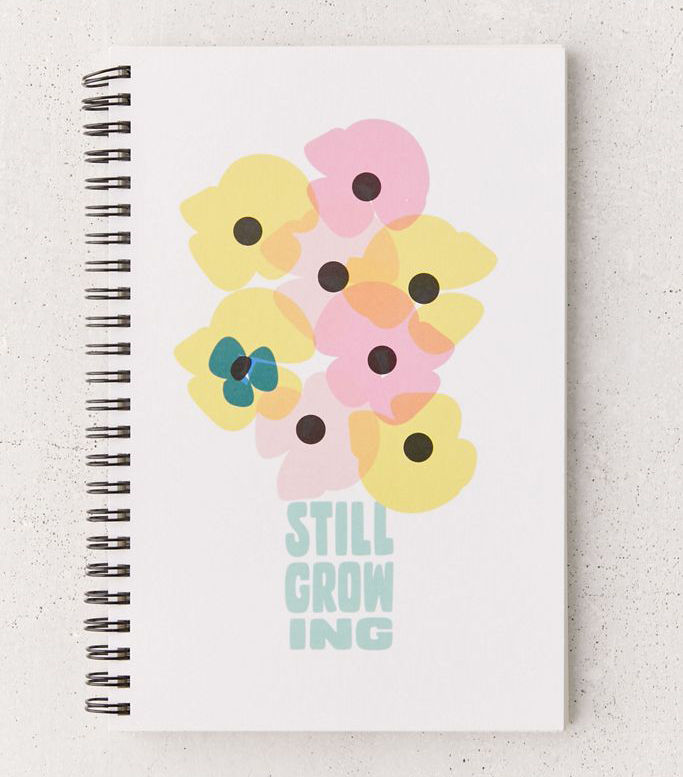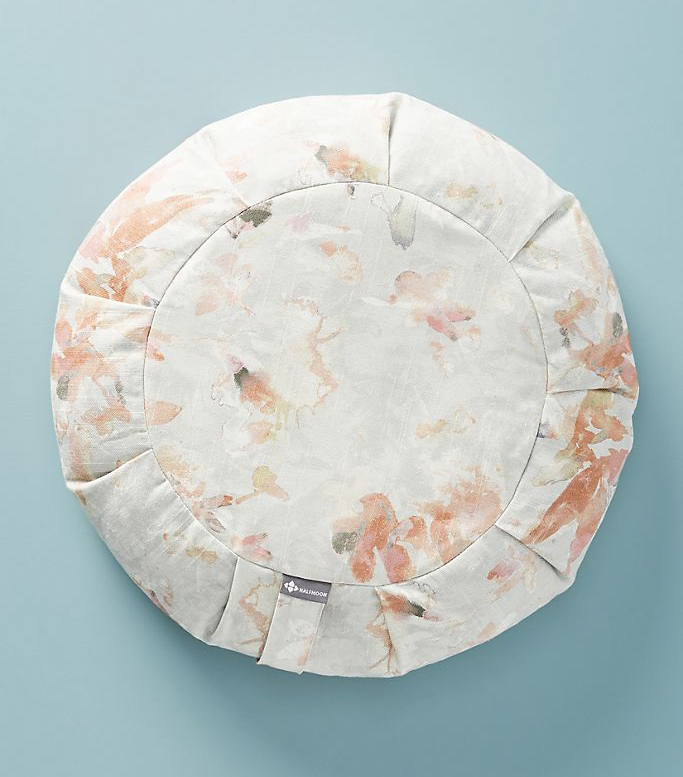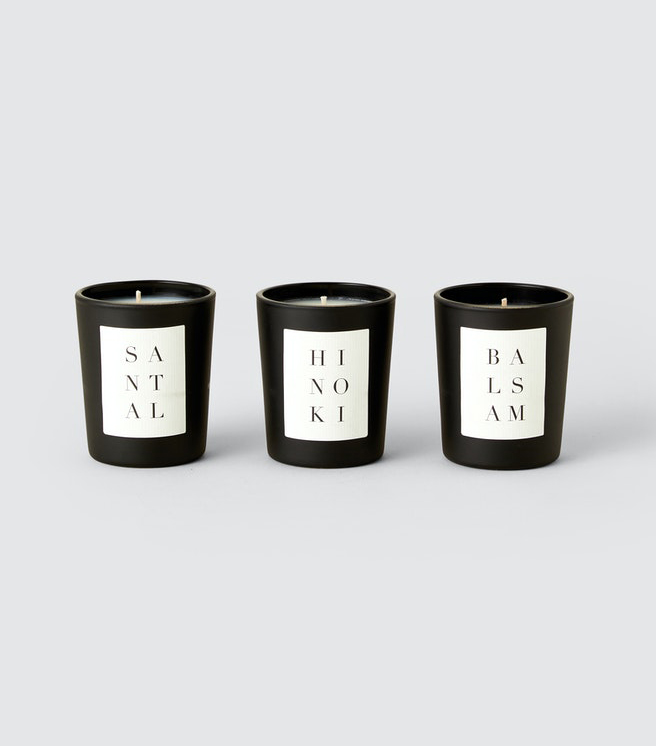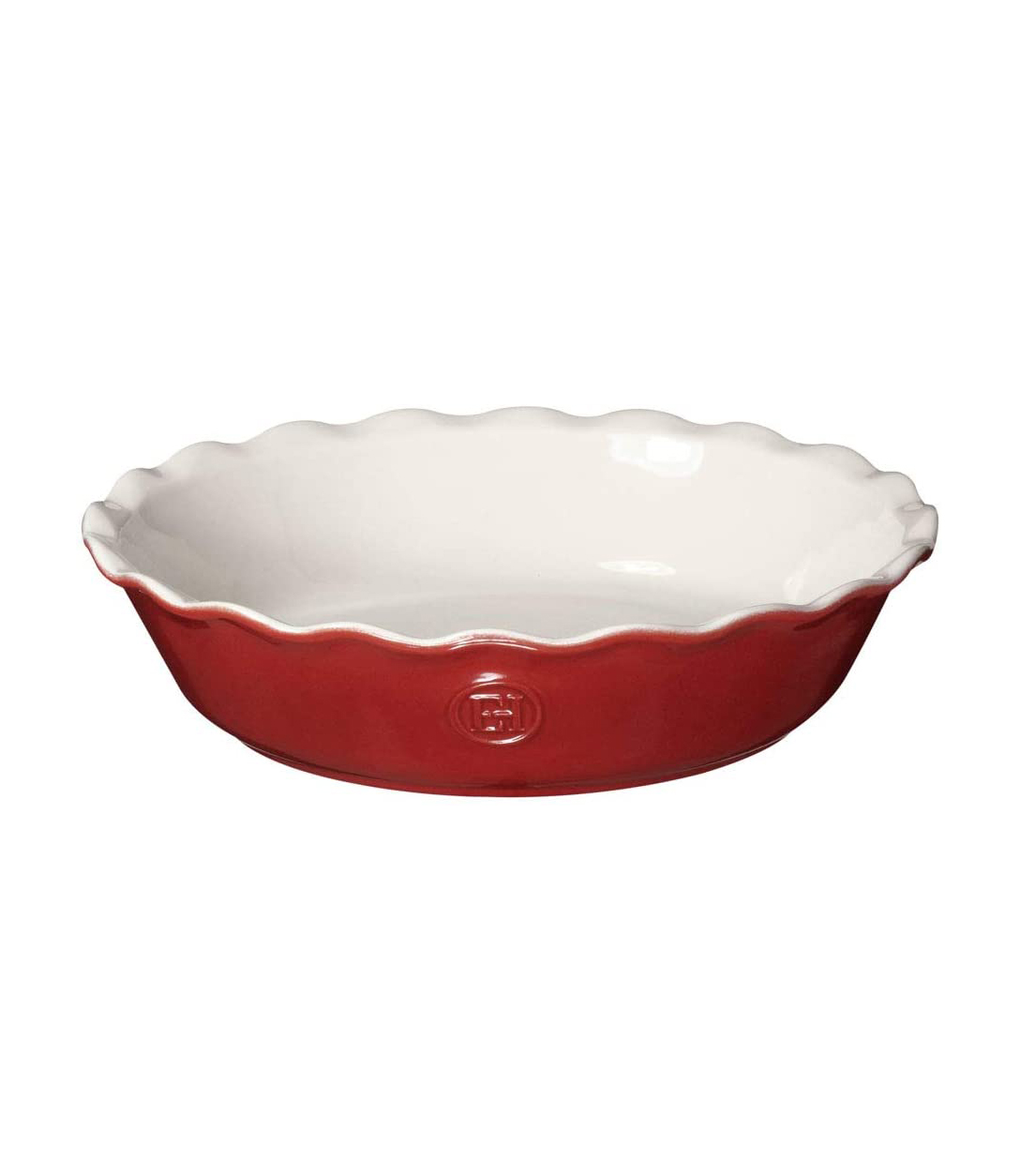How to Find Gratitude in 2020 and Why It Can Help Your Mental Health

To put it plainly, this year has sucked. I don't know how many times I've written a sentence like that in 2020, but I know the answer is "a lot." We are dealing with a global pandemic that has taken countless lives. We are facing a reckoning over racial injustice. We just had one of the biggest elections of our lifetimes. And there are so many other stressful, devastating, and emotionally draining moments that occurred in the past 11 months on top of that.
So yes, 2020 hasn't really turned out to be the year we expected or hoped it to be back when we were setting resolutions and intentions on January 1. As we near the end of this year and reflect on what has happened, it can be hard to pinpoint the bright moments or feel grateful for anything that happened.
Sure, we can say that this year has been a time for learning and growing. It's been a test of resilience, and I think a lot of us have realized that we are much stronger than we thought. Even with the lessons learned, the gratitude might be hard to find, especially during this time of year that's normally a joyful moment to spend time with friends and family and celebrate. This year, our celebrations might be smaller or nonexistent. And that can be disappointing for a lot of people who look forward to this time.

The thing is gratitude can be a boost for your mental health. Studies have shown that people who regularly practice gratitude can improve their well-being, happiness, and relationships.
You can't exactly force those grateful feelings and expect to see a payoff. It has to be genuine. And while it won't make you forget all of the bad things you've experienced, it may give you another perspective. But how can you find gratitude in a year that was, well, pretty shitty? I posed those questions to two experts, and here's what they had to say.
Make a List

You can write down what you're grateful for, or if you're struggling with that, it can help to write down what is important to you. "Sometimes, just even highlighting the things that are a priority in your life can be the things that you're also grateful for. That list commonly converges," explains Meghan Watson, MA, registered psychotherapist and managing director at Bloom Psychology Wellness. "And if it feels like you're undeserving of having gratitude or it feels those priorities in your life are maybe not reciprocating that appreciation or feels kind of empty, I think it would be helpful to think, How did you even come to that conclusion? Are you grateful for the ability to self-reflect? Sometimes, it's not about what's in your life—it's about how you're living your life."
Reach Out to Others

If you practice gratitude journaling or have made the list we mentioned above, it might be helpful to reach out to any people who are on that list. "I love gratitude journaling—I start each day writing down two things I'm grateful for," says Nina Vasan, MD, chief medical officer of Real, an on-demand therapy platform offering a membership starting at $28/month. "When it's a person, I text them to tell them they're my gratitude entry for the day and why I'm grateful for them. This practice has been wonderfully grounding for me, and I feel good about knowing that my sharing makes others feel valued. This practice has been shown to improve mental health, decrease negative emotions, and make us feel more connected."
Practice Radical Tenderness
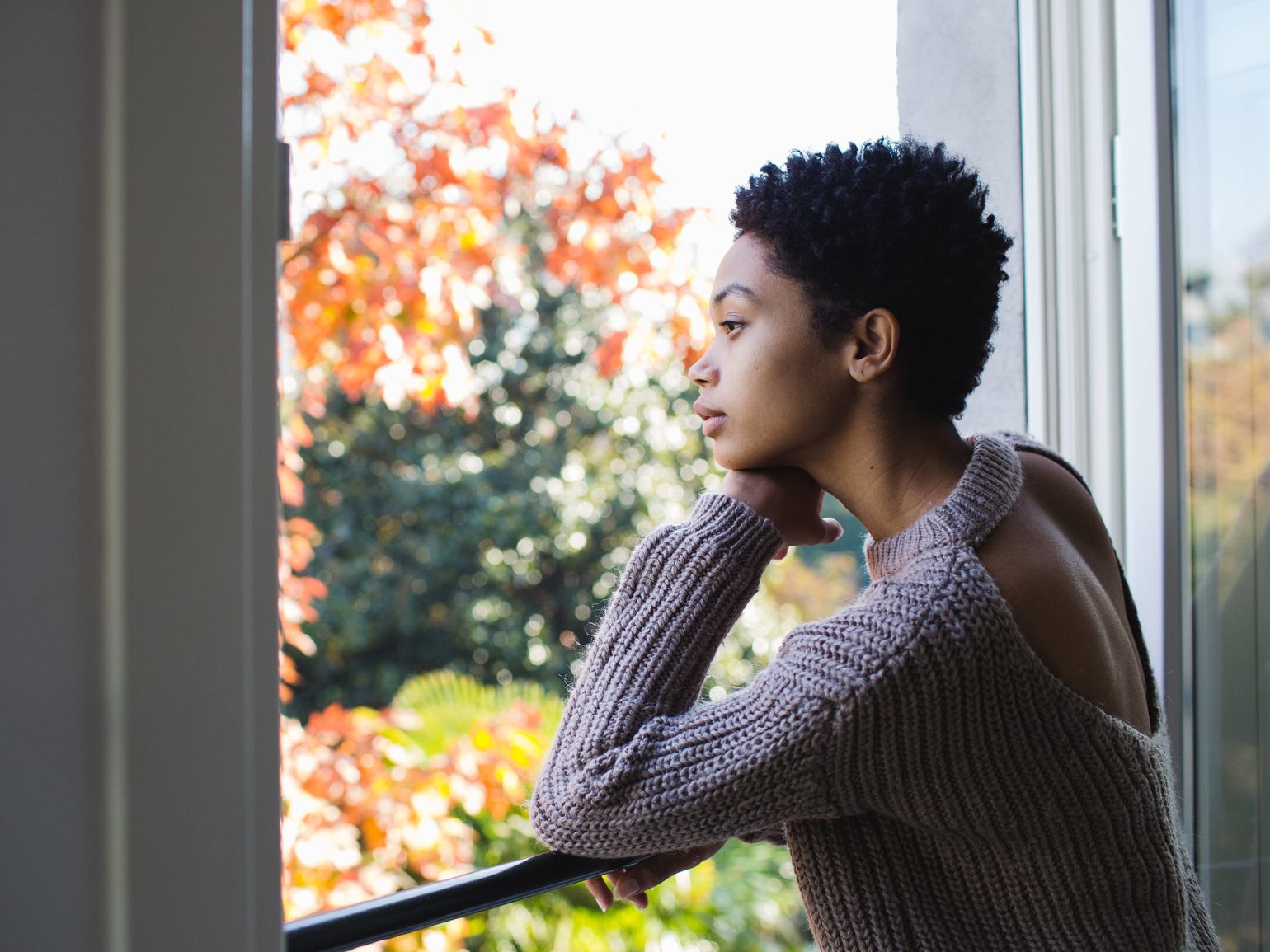
Watson brought up the concept of "radical tenderness," which she says is a living manifesto by Dani d'Emilia and Daniel B. Chávez. "Is it possible to be strong and assertive and radical but then also tender? Can you be critical and loving at the same time? Do you know how to connect to the soft part of you and also the harder parts of you?" she explains. "And so finding gratitude in the duality of things in your life can be really difficult, but it's a common technique found in dialectical behavioral therapy (DBT). So many DBT therapists will ask, 'Can you find the kernel of truth in this situation? What is the kernel of wisdom? And can you find space for that to exist, even in the context of other tough emotions and situations?'"
Watson says it's the idea that this truth and this wisdom can exist within the mess and chaos of your life—it's something you can meditate on and sit with.
Create Rituals
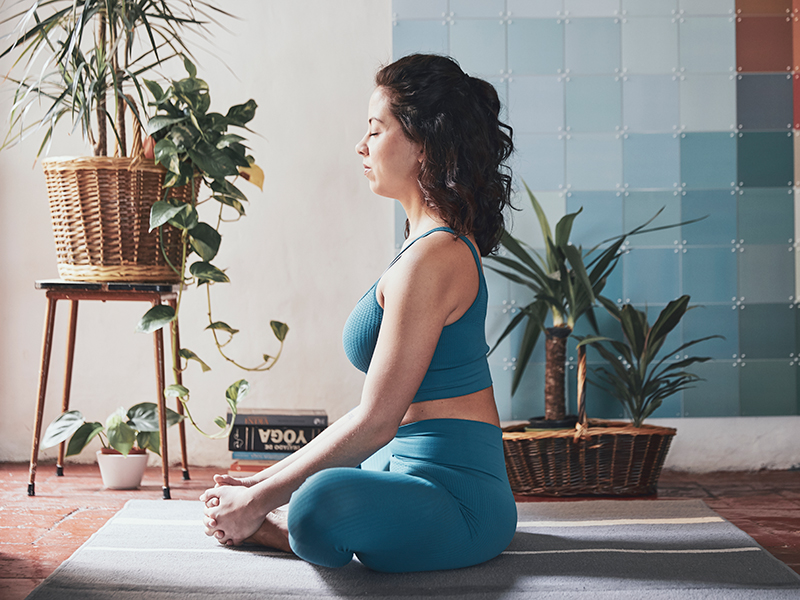
"I also love creating rituals," Watson adds. "My favorite these days are rituals of joy, and that's a mindfulness meditation that I like to do personally—to sit, dream, imagine, and allow my mind to wonder. If I were to embrace joy in my life right now, are there small moments that I could find ritual in facing joy? Are there larger moments? Can I be compassionate to whatever shows up?"
Make an Action Plan
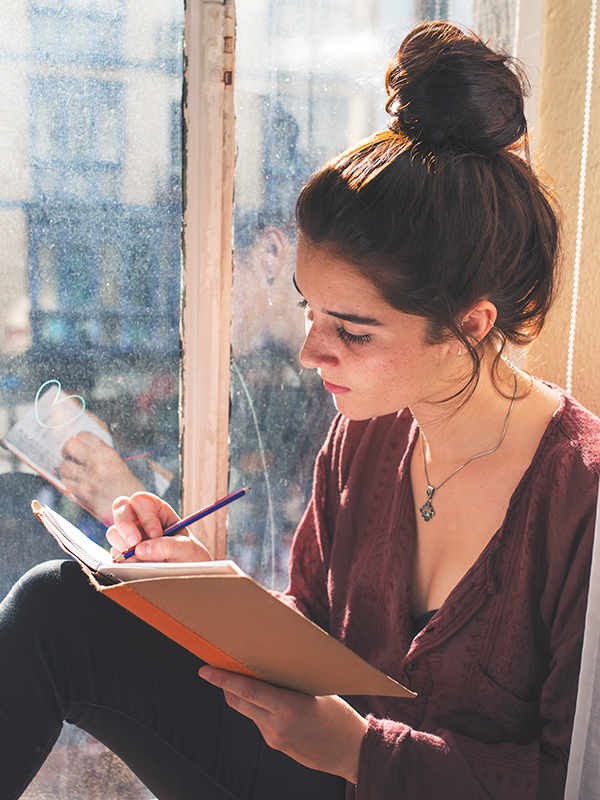
"Make a list of the activities that bring you joy, and make a purposeful plan for how and when you will do these activities," Vasan suggests. "Try to do one thing—even if it's small—every day that brings you joy."
Let Go of Expectations and Pressures

A lot of families might go around the table sharing what they're grateful for, or you might be asked that question during this time. It can be loaded and one that comes with a lot of pressure. But you can acknowledge the difficulty in that.
"Just because someone asks you what you're grateful for, it doesn't mean that you have to have an answer," Watson says. "Loosen the expectation that you're supposed to feel grateful about everything in your life. The feelings you have about your life are sometimes transient. Sometimes, they're more permanent. Sometimes, they're connected to situations and contacts. Try not to put too much stock in the single weekend or the day where you're supposed to lead up to this gratitude."
Try Random Acts of Kindness

If you do find some positivity in this, it helps to share it with others. "Positivity is contagious, and we all need more of that right now," Vasan says. "I love sharing my gratitude with others and hope that they pay it forward. I also think that simple random acts of kindness can go a long way."
Send a note to a friend or family member you might not be seeing this year. Help a neighbor out if it's safe to do so. Donate to an organization you care about. Whatever it is, do what moves you.
Dive Into Memories

Nostalgia and memories can keep your spirits up and take the pressure off of feeling, Watson says. Gratitude is so connected to nostalgia, especially during the holidays. "Sometimes, you can really find that grateful vibe, those appreciative, warm, fuzzy family feelings when you're sitting in a happy moment, when you're meditating on a memory that makes you feel good," she explains. "That can kind of provoke and push your mind to think of associated memories. What are other things that matter? In terms of action, how can you bring the quality of that time into your day?"
You might not be able to be with your extended family and friends this year, but it can help to try to make the moment special and bring some of that nostalgia to the present day. That might be having a dance party in your living room or using the money you might have spent on travel on a nice dinner for yourself. Maybe it's making sure you have your favorite dessert or sending a gift to someone you love.
Don't Push Others to Feel Grateful or Joyful

You might be able to find some gratitude this season, but steer clear of pushing or forcing anyone to feel or think anything they don't want to feel or think. Watson recommends focusing on the people who are reciprocating your energy. "The more you try to push and change and try to create that vibe with people who aren't feeling that vibe, the more you bring yourself down."
That doesn't mean steer clear of anyone who is having a hard time or can't find that gratitude. It's about acknowledging that they are going through something and checking in but not being too overbearing.
Next up: How to Be a Comfort to Those Around You
This article is provided for informational purposes only and is not intended to be used in the place of advice of your physician or other medical professionals. You should always consult with your doctor or healthcare provider first with any health-related questions.
Sarah is lifestyle writer and editor with over 10 years of experience covering health and wellness, interior design, food, beauty, and tech. Born and raised in Los Angeles, she attended New York University and lived in New York for 12 years before returning to L.A. in 2019. In addition to her work atBest Knockoff Luxury Clothing , she held editor roles at Apartment Therapy, Real Simple, House Beautiful, Elle Decor, and The Bump (sister site of The Knot). She has a passion for health and wellness, but she especially loves writing about mental health. Her self-care routine consists of five things: a good workout, “me” time on the regular, an intriguing book/podcast/playlist to unwind after a long day, naps, and decorating her home.
